As the International Day of the Girl Child is celebrated for the first time ever around the world, a defiant and brave young ninth-grader is recovering from a gunshot wound to the head. Malala Yousafzai, a young Pakistani girl, was attacked by the Taliban on Tuesday for speaking out on girls’ rights. Going to school was one of the many things the Taliban found objectionable with Ms. Yousafzai’s behavior and indeed she was attacked on the way back home from her classes.
Malala’s courage, the Taliban’s cowardice, the oppression of women and girls, the power of education, and the geo-politics of extremist groups in Pakistan have all simultaneously been highlighted by this story and served to draw international attention to it. The sad truth is that Malala’s case is not the exception. Violence against girls and women continues to be one of the most prevalent human rights abuses of our time – but so does the much less discussed topic of attacks on education. Oftentimes, as in Malala’s case, the two phenomena are intertwined.
Around the world, students, teachers and schools are attacked at an alarming rate. This war against education, in which educating girls is often times a motivating factor, gets very little attention or media coverage. But in at least 31 countries education has been the target of intentional attacks for political, ideological, sectarian, religious, military or other reasons. Last year in Pakistan alone there were 152 targeted bombings of schools resulting in their complete or partial destruction. These largely happened in the insecure Federally Administered Tribal Areas and Khyber-Pakhtunkhwa areas, and were, according to the U.N. report Children and Armed Conflict, “to avenge military operations in the region and in opposition to secular and girls’ education.” Attacks on education, largely motivated by girls’ attendance, have continued in neighboring Afghanistan for some time, including last year the 35 schools that were burned, the numerous schools that were forced to close often due to threats and intimidation, and the 66 teachers and other education personnel that were killed, abducted or intimidated.
Attacks on education are by no means limited to Pakistan and Afghanistan but are found around the globe from Latin America to Europe and Africa to the Middle East. Just as the motivations vary, so do the forms of attacks, ranging from killings, disappearances, abductions, forced exile, torture, maiming, rape, and the occupation and destruction of schools, among others.
Increasingly there are groups rallying to focus attention on the issues. The United Nations has recently added the attacks on schools to the list of violations against children it regularly monitors, the Qatar based organization Education Above All has been working with the International Criminal Court and others to activate international law on this topic, and a Global Coalition to Protect Education from Attack has been formed to help mobilize attention and foster collaboration among groups working on this issue.
Emerging attention to this issue does not mean it is anywhere near being stopped for attacking education is a particularly effective means of silencing a community. When girls or their schools are harmed it is not only the moment of violence that hurts them but, assuming they survive, the years of lost learning they give up. At the moment, the recent efforts of the international community are of little comfort to Malala who fights for her life in a Pakistani hospital.
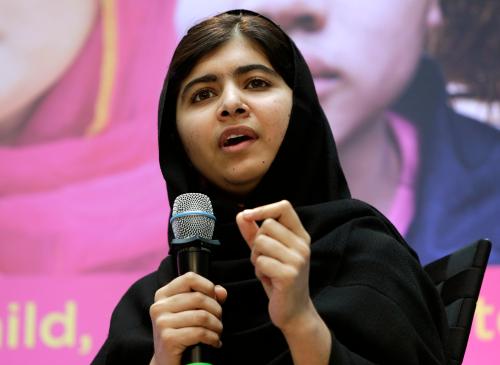
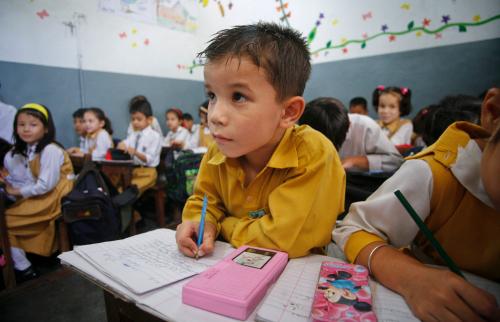
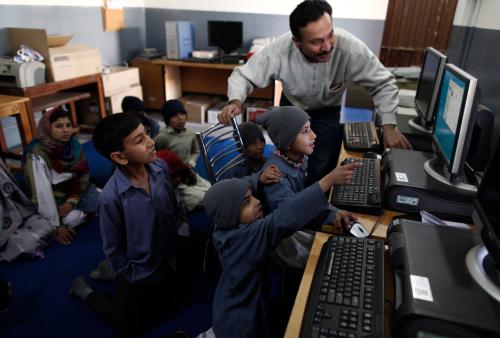
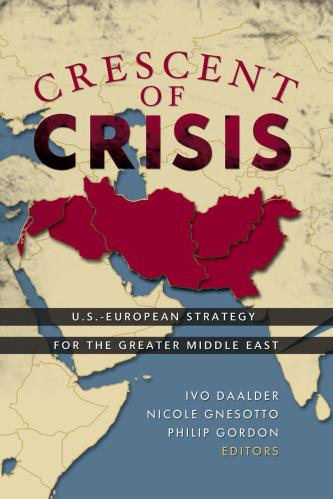
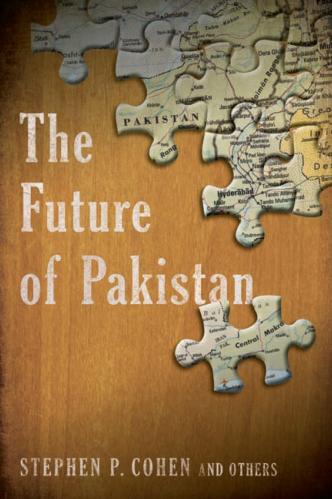
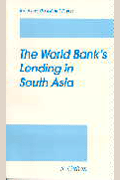
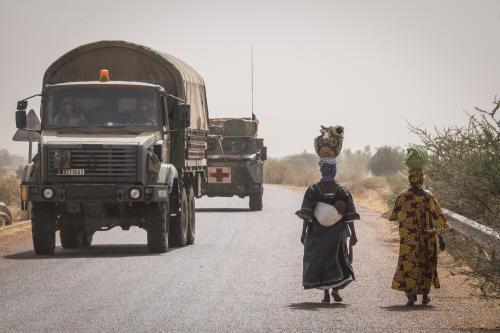

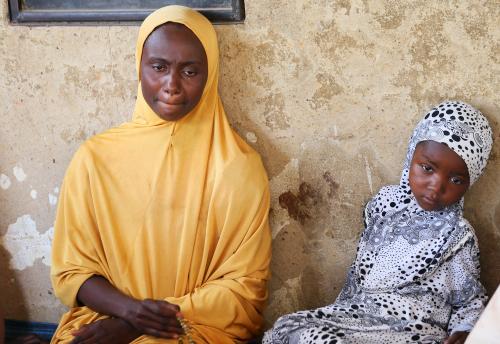
Commentary
Malala’s Attack and the Fight for Girls’ Education Mark International Day of the Girl Child
October 12, 2012